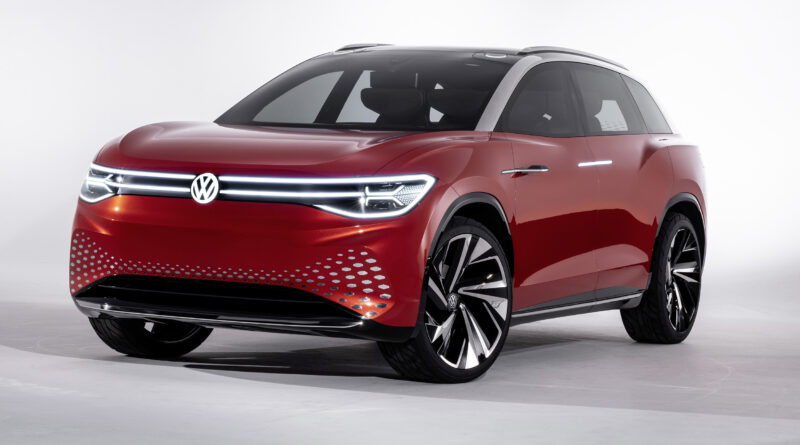Victoria boasts ‘Worst EV policy in the world’
The Victorian government has earned itself the ignominious honour of being labelled with having the “worst electric vehicle policy in the world” by a coalition of car manufacturers, industry groups, infrastructure companies and environmentalists.
On 22 April The Age newspaper printed a full-page advertisement from the group, compromised of 25 organisations including Hyundai, Volkswagen, Uber, Jetcharge, the Clean Energy Council, Solar Citizens, Doctors for the Environment Australia and the Australia Institute.
The open letter has offered up a damning appraisal of the state government’s new EV tax.
“This new tax means the world’s manufacturers are far less likely to send Victorians their best, most affordable, zero emissions vehicles,” states the letter. “That makes things much harder for Victorian families who want to buy and drive electric.”
The tax will be implemented from July and requires drivers of electric vehicles to keep a log book of their travels, which in turn will be used to calculate a charge of 2.5 cents/km to be paid upon registration renewal. Those who fail to maintain a logbook, which must be held for five years, could face charges.
“Volkswagen does not ask for incentives to import zero-emissions vehicles, rather for the abandonment of such disincentives as this ill-conceived anomaly of a tax,” says Michael Bartsch, the managing director of Volkswagen Group Australia.
The reason for the tax, says the Victorian state government, is to ensure a fair contribution to road use to make up for the lack of fuel excise that EVs pay.
“There’s a real mish-mash in approaches to electric vehicles. You have the ACT, which is waiving stamp duty, that is lowering rego, which is giving out $15,000 no-interest loans and allowing EVs to use bus lanes in some places,” says Richie Merzian, the climate and energy program director at the Australian Institute.
“Then within a few hours’ drive, you’re going to have the opposite. What that means for Victoria is there is far less likelihood that car manufacturers will set up shop, invest or that companies will base themselves or launch their products in Victoria.”





Not so sure about the fair distribution. I drive a PHEV (Mitsubishi Outlander) ever since this car was launched in Australia (2014). The monthly distance driven is about 1000km. Just revisited my logbook which kept track of petrol purchases and how much electricity the car consumed (yes the car provides this information). In summary, depending which driving pattern I assume the one before or after retirement, this levy will overcharge me by 25% to 50% of what the excise amount would have been had the car been driven purely using petrol. Not quite fair I would say.
Interesting approach to achieve emission targets. Paul Keating was and still is right with his 1985 statement.
Yes, PHEVs further highlight the Vic government’s ill-thought-out approach to taxing electrified vehicles. It’s like when they decided to ban P-platers from all petrol cars with turbochargers, instantly ruling out a whole bunch of very mild hatchbacks and city runabouts, yet the same department initially decided all EVs were fine for novice drivers. The rules had to be updated and adapted very quickly… Best to rethink the taxation on all vehicles wholistically rather than attack EVs with a policy that could have detrimental impacts.
See link below. Please watch the video. Although it is a satire it says it all about the Australian and Victorian Governments approach to EVs.
https://www.youtube.com/watch?v=fLflYkgnNBY&t=1s